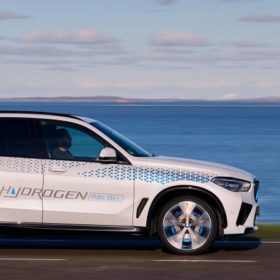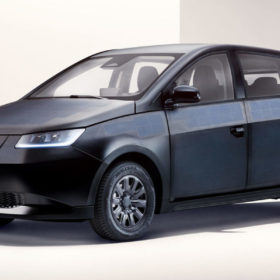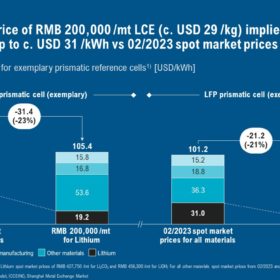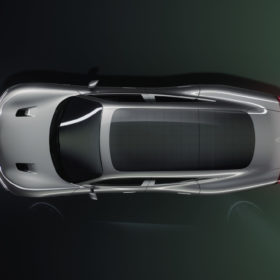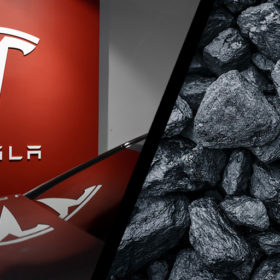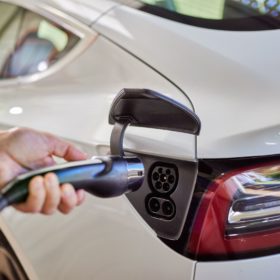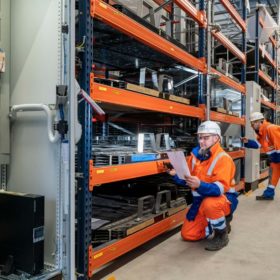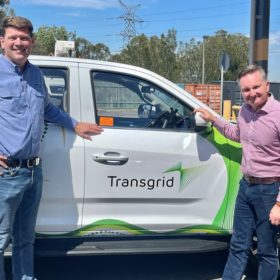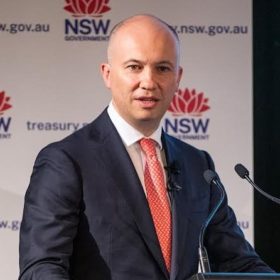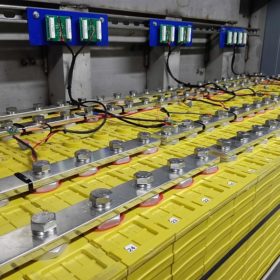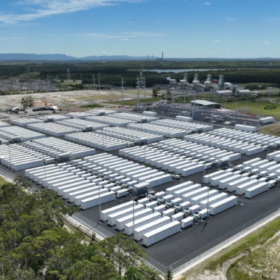BMW unveils hydrogen car demonstration fleet
BMW has launched its iX5 Hydrogen vehicle pilot fleet, with plans to start production by the end of the decade. Everfuel and Hy24, meanwhile, have launched a joint venture to accelerate hydrogen development in Scandinavia.
Sono Motors scraps development of Sion solar cars
Sono Motors, a solar electric-vehicle manufacturer in Germany, has terminated its Sion passenger car development program, as it has failed to secure enough funding to support pre-series production. It says it will now focus exclusively on retrofitting and integrating its patented solar technology into third-party vehicles.
CATL offers big battery discounts amid looming lithium surplus
CATL’s new lithium pricing structure gives Chinese original equipment manufacturers (OEM) an effective discount of more than 20%. It is making the move to win more orders amid a slowdown in the electric-vehicle market and the ongoing efforts of cell manufacturers to secure raw materials.
Efficiency of solar vehicles in real-world conditions
A new three-year pilot project will assess the efficiency of vehicle-integrated PV and verify it with on-the-road monitoring and testing. The goal is to predict the charging infrastructure needed for electric vehicles with PV modules.
Sydney’s Magnis Energy signs deal with Tesla, quietly abandons Townsville gigafactory plan
Australian graphite miner turn integrated lithium battery company, Magnis Energy Technologies, has signed a significant offtake deal with electric vehicle giant Tesla. The agreement comes the same month the company quietly dropped its plan to build a 18 GWh lithium-ion battery factory in Townsville, northern Queensland.
WA tips $15 million in to drive expansion of EV charging network
The Western Australian Government has launched a new $15 million (USD 10.3 million) grant program to expand electric vehicle charging infrastructure throughout the state and accelerate the uptake of zero emission vehicles.
How safe are second-life EV batteries as home energy storage devices?
There is currently no widely accepted test methodology to assess the safety of second-life lithium-ion batteries (LiBs). However, a UK government study reveals two opposing views on their safety, raising concerns over whether such devices should be deployed in homes under any circumstances.
Australia’s first electric utes to be trialled by Transgrid
New South Wales network Transgrid has announced it will trial the first dual-cab electric ute released in Australia.
NSW Liberals promise 30,000 EV chargers across NSW by 2026
If re-elected in March, the New South Wales Liberal and National coalition say they will fast track the rollout of public and private electric vehicle (EV) chargers by reforming strata and planning laws, and installing public facilities at transport hubs.
New EV battery offers 50% more energy density than traditional lithium-ion batteries
Ionblox says it will use $32 million of series B funding to support the buildout of a novel silicon anode electric vehicle battery.
